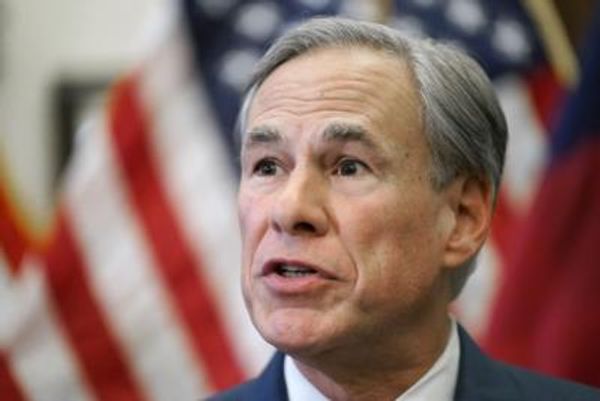
A late Republican move in the polls has experts predicting a sweep of both the House and the Senate in Tuesday's mid-term elections, setting up the possibility for an end-of-year stock market rally predicated on a gridlocked government.
A collection of polls suggest Republican candidates could pick up as many as three seats in the Senate following Tuesday's vote, potentially allowing the GOP to hold control of the upper chamber for a fourth consecutive Congress.
Further gains in the House, where pundits are expecting a firm Republican majority, would deliver a so-called split government that would likely thwart any fiscal agenda put forward by President Joe Biden over this final two years in office, and possibly remove a key market risk that deeper fiscal spending from the Democrats would further accelerate inflation pressures.
All 435 House seats, 220 of which are currently held by Democrat lawmakers, are up for grabs Tuesday, with 35 Senate races, including one vacancy, also being contested. Republicans currently hold 21 of the 34 active seats.
Early exit polls could indicate the results of House elections as early as 11:00 pm Eastern time, but the potential for a run-off of the two Senate seats in Georgia -- where candidates require at least 50% of the vote for outright victory -- could delay conclusion in the upper chamber until a special election slated for December 6.
Stocks generally gain in the wake of mid-term election results regardless of which party wins, with the S&P 500 rising over the following 12 months after every mid-term vote since the Second World War. Data from Charles Schwab, meanwhile, notes that the S&P 500 has outperformed over the six months following mid-term votes, compared to its prior six month record, in seventeen of the nineteen mid-term elections since 1946.
Advances tend to be stronger, however, when the composition of Congress contrasts to that of the Presidency.
“History teaches us that a sitting president’s party sheds some level of power during these elections, splitting the executive and legislative branches of the U.S. government," said Nigel Green of London-based financial advisory deVere Group. "This typically results in gridlock as lawmakers are unable or unwilling to agree on major legislation, meaning that substantial laws are either not approved or significantly reduced in scope and impact.”
“This stalemate, while often infuriating for voters, is often good news for stock markets, because a lack of sweeping legislative changes means there is less uncertainty for businesses," he added.
Regardless of the outcome Tuesday, however, stocks will face significant headwinds from both the Federal Reserve's inflation fight, which is likely to lift its benchmark lending rate to between 5% and 5.25% by early spring, a looming global economic slowdown triggered in part by China's zero-Covid health policies and decelerating earnings growth from America's biggest companies.
Bank of America's closely tracked 'Flow Show' report, in fact, suggests global fund mangers are moving into cash at the fastest rate since the 2020 pandemic, with $62.1 billion of inflow last week, while data from Refinitv suggest fourth quarter earnings will likely decline by 0.4% from last year to a share-weighted $459.6 billion.
"From a big-changes perspective, the midterms are very unlikely to make a meaningful difference to the economy or the markets,: said Brad McMillan, CIO for Commonwealth Financial Network in Waltham, Massachusetts. "Economic policy, fiscal policy, and tax policy are likely to stay stable for better or worse. And even more specific policies, determined by one branch of government, are likely to be constrained."
"Executive actions are going to be harder to execute in a White House subject to multiple investigations from a Republican-controlled House," he added. "And congressional action, in a split Congress or even with a Republican Congress without a filibuster-proof majority, is a non-starter."
President Biden's ongoing trade strategy with China, however, could prove easier to manage even with a Republican-controlled Congress, and the administration's recent tightening of restrictions on semiconductor exports, as well as its commentary on Taiwan, is likely to find support on both sides of the aisle.
ING's chief international economist, James Knightley, pegs the chances of a Republican sweep at around 50%, noting such a victory could "initially weigh on the dollar via a hamstrung administration unable to deliver fiscal support in a downturn."
"For markets, this extreme version of political separation between the executive and congressional powers is one that will likely see politics lurch to petty squabbling, removing the risk for big macro-impactful outcomes," he said.
The odds the Democrats will retain both the House and the Senate, he suggests, are only around 10%, but markets may view that as being a "lower growth and heightened political meddling outcome, which would tend to present a downside risk for equity markets relative to the baseline."
"The administration would have more power to meet a recession with a fiscal response," he said. "This would potentially make more difficult the Fed’s objective of bringing inflation back to 2%."







